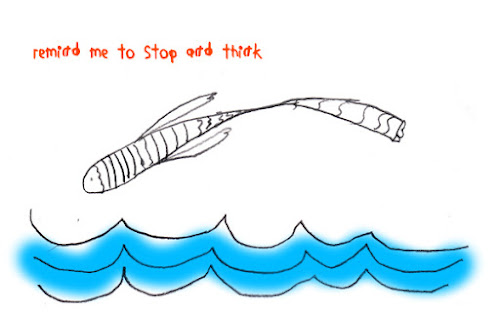Skin Picking, Hair Pulling & other Impulse Control Disorders
Impulse control disorders are a treatable group of disorders which share a common feature. This is the failure to resist an impulse or temptation to do something harmful, either to oneself or to others. The person usually senses increasing tension or arousal prior to the act; and pleasure, gratification or relief following the act.Common Impulse Control Disorders
- Trichotillomania or Compulsive Hair Pulling
- Dermatillomania or Skin Picking Disorder
- Kleptomania
- Compulsive Buying Disorder
- Pathological Gambling
- Internet Addiction
Dermatillomania or skin picking disorder is a similar disorder. A person may constantly pick at real blemishes (acne, scars, moles) causing bleeding, bruises, infections or permanent damage to the skin. Sometimes a person will pick at imagined defects which no-one else can see. The face is the commonest area. It may be a conscious response to anxiety or depression, but is frequently done as an unconscious habit.
Both trichotillomania and dermatillomania can be effectively treated by various forms of CBT such as Habit Reversal Training, Stimulus Control Techniques or Cognitive Restructuring. Compulsive hair pulling may occur in schizophrenia, therefore a psychiatry consultation is advisable. Medications may be required in severe cases.
Kleptomania is probably the best known of the impulse control disorders and has been described from the early 19th century. There is an irresistible urge to steal objects but these are not acquired for personal use or monetary gain. The objects may be discarded, given away or hoarded. There is a sense of tension prior to the act of stealing and a sense of gratification during and following the act.
Compulsive buying disorder, first described in the early years of the 20th century, is a preoccupation with shopping and spending. 80-90% of those affected are women, and it is more common in developed countries where there is a wide availability of items, higher incomes and leisure time. These people tend to share certain characteristics - they frequently shop alone, usually on credit (having many credit cards), buy items they do not need and are often in debt. Buying urges are episodic and can be frequent (daily) or infrequent (less than a month). Four distinct phases have been identified, including
- Anticipation - in which there are thoughts and urges of shopping or having a specific item
- Preparation – the stage at which the person plans and decides when and where to shop.
- Shopping – which is usually described as “intensely exciting”
- Spending – which is accompanied by a sense of relief but often feelings of disappointment with oneself.
Pathological gambling: More common in young men, a person suffering from this disorder has an intense urge to gamble despite severe and often devastating personal, family or work-related consequences. He is unable to stop even with an effort of will. He is preoccupied by thoughts and images of gambling. He needs to gamble with increasing amounts of money to achieve the same level of excitement and is restless and irritable when attempting to stop or cut back. These features of tolerance and withdrawal are similar to those seen with alcohol and drug abuse.
Internet addiction or compulsive/problematic internet use: though much highlighted in the media, this requires further study. What is known is that compulsive internet use can interfere with daily life, work and relationships. When a person feels more comfortable with his online friends than his real ones, when he cannot stop himself from playing games, gambling, internet shopping, or compulsively checking his laptop or phone; it is probably time to acknowledge a problem and seek professional help.
Diagnosis
Impulse control disorders share features with obsessive compulsive disorders and with substance abuse. It is important to see a psychiatrist to rule out co-existing or underlying disorders. Impulse control disorders also need to be distinguished from other medical conditions. Milder cases can be treated as outpatients with medication and psychotherapy. Severe cases such as those with pathological gambling often require admission in a rehabilitation centre.
References
- Black DW. A review of compulsive buying disorder. World Psychiatry. 2007;6(1):14-18. Accessed 09-May-2017
- Grant JE, Schreiber LR, Odlaug BL.Phenomenology and treatment of Behavioural Addictions. Can J Psychiatry. 2013 May;58(5):252-9. Accessed 10-May-2017
- Trichotillomania – Symptoms and Treatment Accessed 09-May-17
- Skin Picking Disorder (Dermatillomania) – Symptoms and Treatment Accessed 09-May-2017


